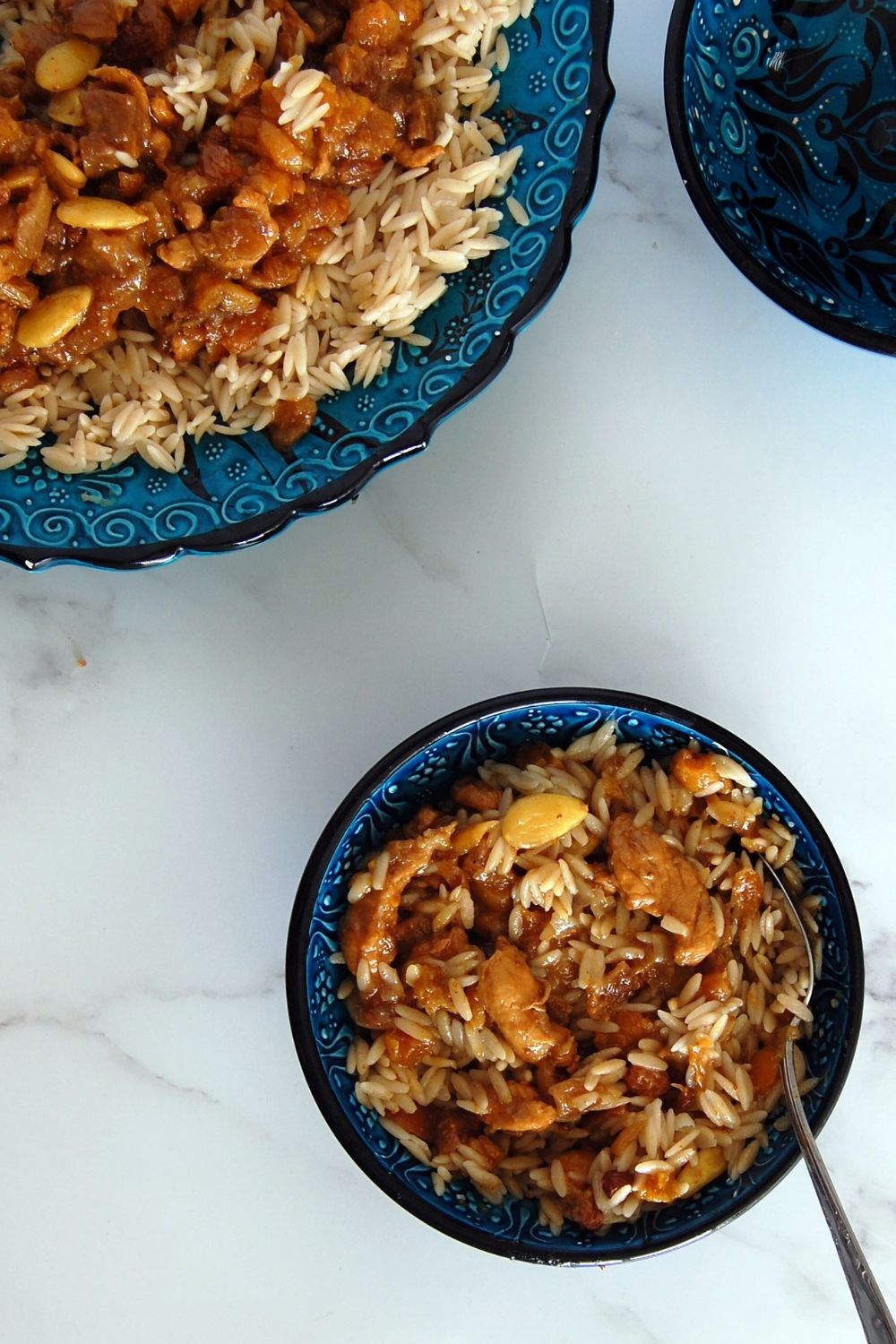David Sax, the Toronto-based food journalist and author of Save the Deli (and most recently The Tastemakers, an analysis of food trends), traces their origins to a Romanian product called pastramă, a thinly sliced cold smoked (read: not cooked) cured meat that’s traditionally made of mutton or pork and rubbed with spices like coriander, pepper, and paprika. (In Turkey, a similar product called pastırma is made with beef.)
“The origin of the word is Turkish,” explains Lara Rabinovitch, a Los Angeles-based food journalist and self-styled “doctor of pastrami” with a PhD from NYU in modern Jewish history. “Romania was part of the Ottoman Empire, and if you look up the word ‘pastırma’ in Turkish, the word bastır means ‘to press’ or ‘to cure.’ And it’s the same origin of the word in Romanian.”
Curing spices on a white paper towel.
Curing spices. Laura Togut
Pastramă is more like ham than pastrami, but it was popular among Jews who brought it to the New World in the 19th century, the bulk of whom settled in New York and Montreal. Early proto-pastrami was sold in Romanian delis in both cities and over time transformed into the two products we know today.





